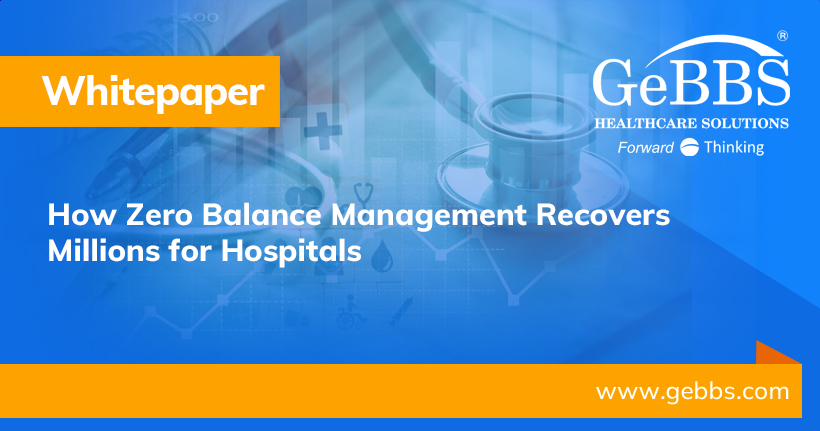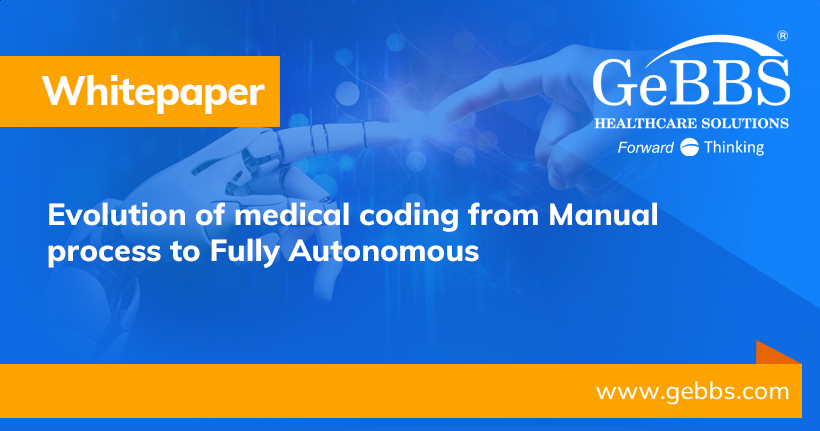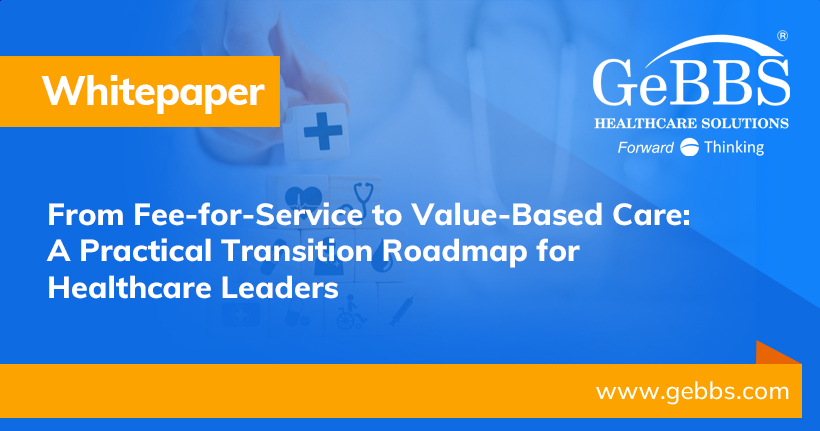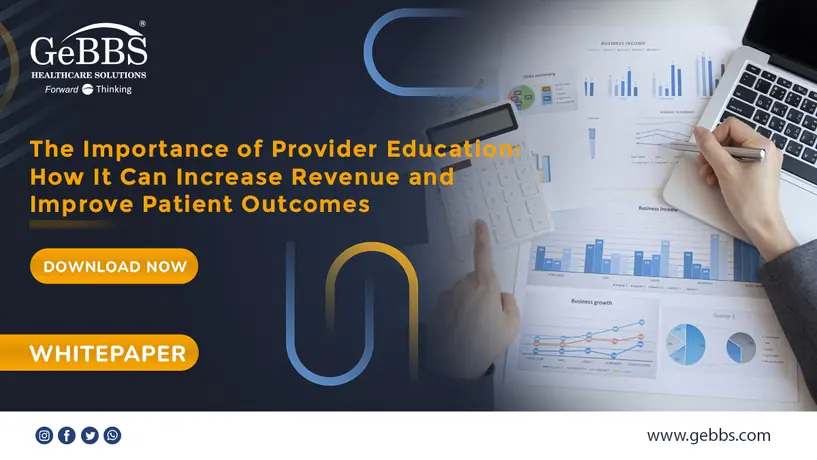The increasing frequency threat of cyberattacks impacted a significant number of healthcare facilities. These attacks complicated healthcare delivery by forcing many hospitals to redirect emergency services. As Veerendra Sheregar, Chief Information Security Officer (CISO) at GeBBS Healthcare Solutions, emphasizes, “Ransomware attacks targeting healthcare sectors more than doubled since 2020, exposing the Personally Identifiable Information and Protected Health Information (PII/PHI) of millions of patients.” Such disruptions result in operational inefficiencies and expose patient data, heightening the risks of significant financial loss and erosion of stakeholder trust.
It is becoming increasingly evident that healthcare organizations need to improve their cybersecurity frameworks to cope with these growing threats. According to Sheregar, “Quantifying the cyber risk is the sum of all IT risks that can potentially lead to the loss or exposure of critical data, financial damages, reputational damages, and operational stoppages due to a data breach or data leak.” Organizations can reduce these vulnerabilities by teaming up with Revenue Cycle Management (RCM) providers that adhere to strict security certifications such as HITRUST, SOC 2 Type 2, ISO 27001, PCI DSS, and NIST CSF. These certifications ensure RCM partners have strong security measures to prevent data breaches and comply with healthcare-specific regulatory requirements.
Enhancing their cybersecurity defenses protects healthcare providers’ operational integrity and safeguards patient information against the evolving landscape of cyberthreats, ensuring that their critical healthcare functions remain uninterrupted in an increasingly digitalized world.






